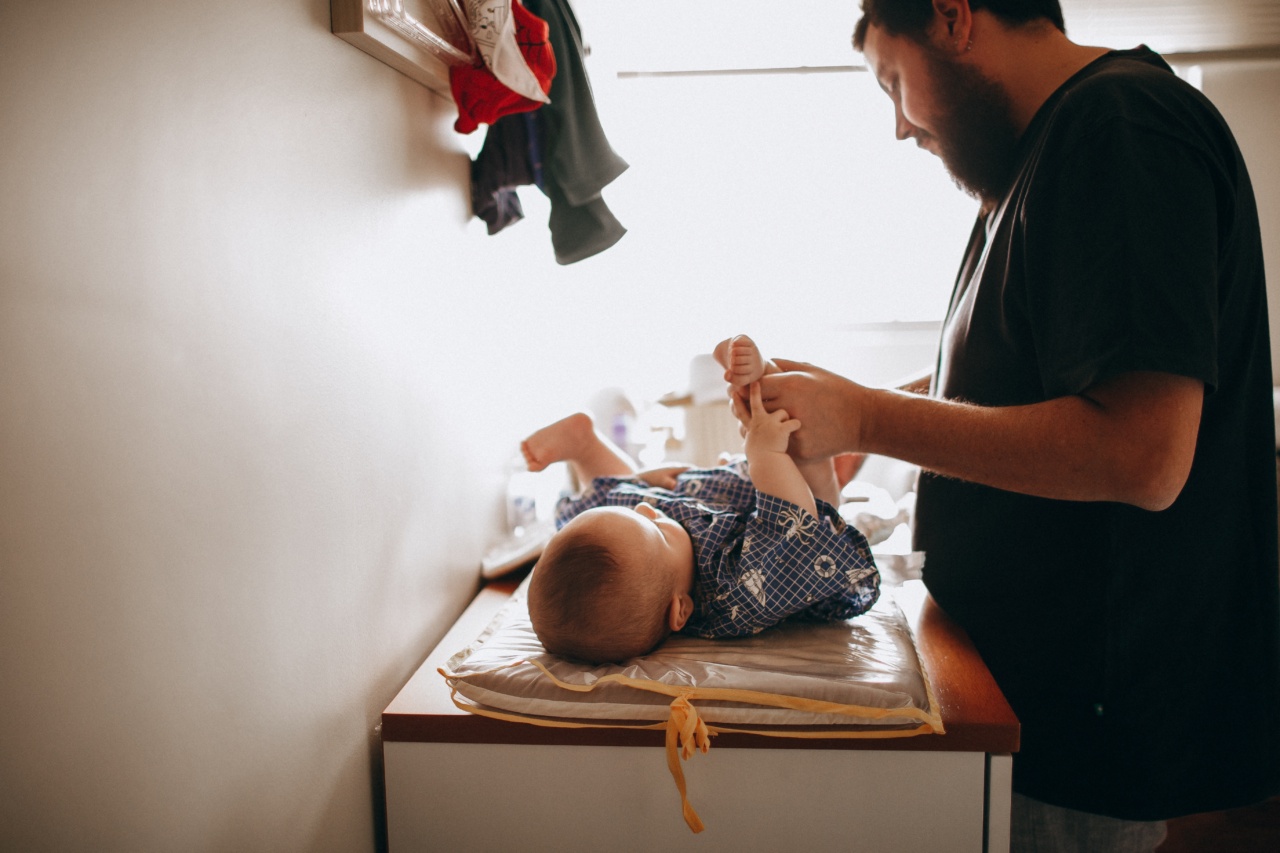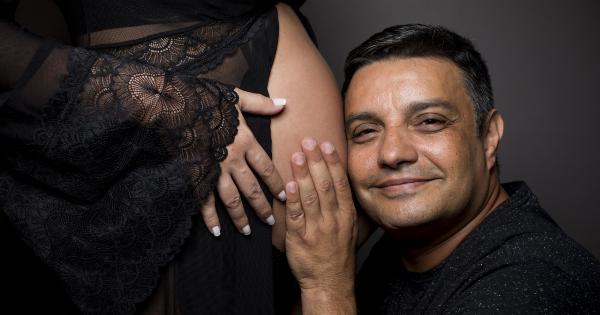Morning sickness is a common symptom of pregnancy, affecting up to 80% of pregnant women. While the exact cause of morning sickness is not yet known, it is believed to be related to the hormonal changes that occur during pregnancy.
However, there is a common belief that the severity of morning sickness can indicate the gender of the baby. Let’s explore this myth and find out the truth.
What is Morning Sickness?
Morning sickness is a term used to describe the nausea and vomiting that many women experience during pregnancy. Despite its name, morning sickness can occur at any time of day and can vary in severity from person to person.
For some women, morning sickness can be mild and occasional, while for others, it can be severe and persistent.
What Causes Morning Sickness?
The exact cause of morning sickness is not known, but it is believed to be related to the hormones produced during pregnancy. Specifically, the hormone called human chorionic gonadotropin (hCG) is believed to be the main culprit behind morning sickness.
This hormone is produced by the placenta and is responsible for maintaining the pregnancy.
Is there a Link between Morning Sickness and the Baby’s Gender?
There is a widespread belief that the severity of morning sickness can indicate the gender of the baby.
According to this belief, women who experience severe morning sickness are more likely to have a girl, while women who experience mild or no morning sickness are more likely to have a boy. However, there is no scientific evidence to support this claim.
A study conducted at the University of Washington followed 2,000 pregnant women and found no evidence to support the link between morning sickness and the baby’s gender.
The study found that the severity of morning sickness was not related to the baby’s gender and that both boys and girls were equally likely to cause morning sickness.
What Other Factors Can Affect Morning Sickness?
While there is no evidence to link morning sickness with the baby’s gender, other factors can affect the severity of morning sickness, including:.
- Age: Women under the age of 20 or over the age of 35 may be more likely to experience morning sickness.
- Weight: Women with a higher body mass index (BMI) may be more likely to experience morning sickness.
- History of Motion Sickness: Women who have a history of motion sickness or migraines may be more likely to experience morning sickness.
- Stress: High stress levels can make morning sickness worse.
How to Treat Morning Sickness?
There is no cure for morning sickness, but there are steps you can take to alleviate the symptoms:.
- Eat regularly: Eat small, frequent meals throughout the day to keep your blood sugar levels stable.
- Avoid triggers: Avoid foods or smells that trigger nausea.
- Stay hydrated: Drink plenty of water to stay hydrated.
- Get plenty of rest: Fatigue can make morning sickness worse, so make sure you get plenty of rest.
- Try acupressure: Some women find acupressure helpful for alleviating nausea. Apply pressure to the P6 point on your wrist, also known as the sea-band point.
Conclusion
Morning sickness is a common symptom of pregnancy, affecting up to 80% of pregnant women. While there is a popular belief that the severity of morning sickness can indicate the gender of the baby, there is no scientific evidence to support this claim.
Other factors, such as age, weight, history of motion sickness, and stress, can affect the severity of morning sickness. There is no cure for morning sickness, but there are steps you can take to alleviate the symptoms.























